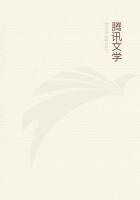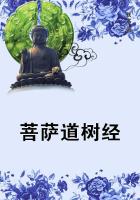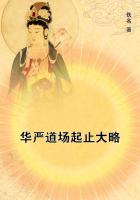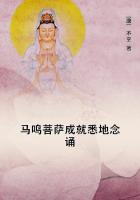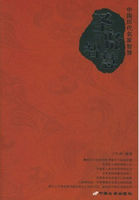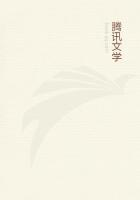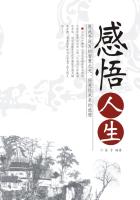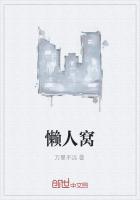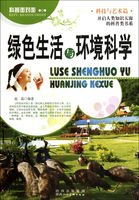TO GET MARRIED his father’s consent was wanted, and to obtain this Prince Andrey set off to see his father.
The father received his son’s communication with external composure but with inward wrath. He could not comprehend how any one could want to alter his life, to introduce any new element into it, when life was for him so near its end. “If they would only let me live my life out as I want to, and then do as they like!” the old man said to himself. With his son, however, he made use of that diplomacy to which he always had resort in case of gravity. Assuming a calm tone, he went into the whole question judicially.
In the first place, the marriage was not a brilliant one from the point of view of birth, fortune, or distinction. Secondly, Prince Andrey was not in his first youth, and was delicate in health (the old man laid special stress on this), and the girl was very young. Thirdly, there was his son, whom it would be a pity to entrust to a mere girl. “Fourthly, and finally,” said the father, looking ironically at his son, “I beg you to defer the matter for a year; go abroad, and get well; find a German, as you want to do so, for Prince Nikolay, and then, if your love, your passion, your obstinacy—what you choose—are so great, then get married. And that’s my last word on the subject; you know, the last …” the old prince concluded, in a tone that showed that nothing would compel him to alter his decision.
Prince Andrey saw clearly that the old man hoped that either his feeling or that of his betrothed would not stand the test of a year or that he, the old prince, would die himself in the course of it, and he decided to act in accordance with his father’s wish; to make an offer and to defer the marriage for a year.
Three weeks after his last visit to the Rostovs, Prince Andrey returned to Petersburg.
The day after her conversation with her mother, Natasha spent the whole day expecting Bolkonsky but he did not come. The next day, and the third, it was just the same. Pierre too stayed away, and Natasha, not knowing Prince Andrey had gone away to see his father, did not know how to interpret his absence.
So passed the three weeks. Natasha would not go out anywhere, and wandered like a shadow about the house, idle and listless, wept at night in secret, and did not go in to her mother in the evenings. She was continually flushing and very irritable. It seemed to her that every one knew of her disappointment, was laughing at her, and pitying her. In spite of all the intensity of her inward grief, the wound to her vanity aggravated her misery.
She came in to the countess one day, tried to say something, and all at once burst into tears. Her tears were the tears of an offended child, who does not know why it is being punished. The countess tried to comfort Natasha. At first she listened to her mother’s words, but suddenly she interrupted her:
“Stop, mamma, I don’t think of him or want to think of him! Why, he kept coming, and he has left off, and he has left off …” Her voice quivered, she almost began to cry, but recovered herself, and went on calmly:
“And I don’t want to be married at all. And I’m afraid of him; I have quite, quite got over it now…”
The day after this conversation, Natasha put on the old dress she specially associated with the fun she had often had when wearing it in the mornings, and began from early morning to take up her old manner of life, which she had given up ever since the ball. After morning tea, she went into the big hall, which she particularly liked on account of the loud resonance in it, and began singing her sol-fa exercises. When she had finished the first exercise she stood still in the middle of the room and repeated a single musical phrase which particularly pleased her. She listened with delight, as though it were new to her, to the charm of these notes ringing out, filling the empty space of the great room and dying slowly away, and she felt all at once cheerful. “Why think so much about it; things are nice even as it is,” she said to herself; and she began walking up and down the room, not putting her feet simply down on the resounding parquet, but at each step bending her foot from the heel to the toe (she had on some new shoes she particularly liked), and listening to the regular tap of the heel and creak of the toe with the same pleasure with which she had listened to the sound of her own voice. Passing by the looking-glass, she glanced into it. “Yes, that’s me!” the expression of her face seemed to say at the sight of herself. “Well, and very nice too. And I need nobody.”
A footman would have come in to clear away something in the room, but she would not let him come in. She shut the door after him, and continued her promenade about the room. She had come back that morning to her favourite mood of loving herself and being ecstatic over herself. “What a charming creature that Natasha is!” she said again of herself, speaking as some third person, a generic, masculine person.
“Pretty, a voice, young, and she’s in nobody’s way, only leave her in peace.” But, however much she might be left in peace, she could not now be at peace, and she felt that immediately.
In the vestibule the hall-door opened; someone was asking, “At home?” and steps were audible. Natasha was looking at herself in the glass, but she did not see herself. She heard sounds in the vestibule. When she saw herself, her face was pale. It was he. She knew it for certain, though she herself caught the sound of his voice at the opened door.
Natasha, pale and panic-stricken, flew into the drawing-room.
“Mamma, Bolkonsky has come,” she said. “Mamma, this is awful, unbearable! … I don’t want … to be tortured! What am I to do?”
The countess had not time to answer her before Prince Andrey with a troubled and serious face walked into the drawing-room. As soon as he saw Natasha his face beamed with delight. He kissed the countess’s hand and Natasha’s, and sat down beside the sofa.

